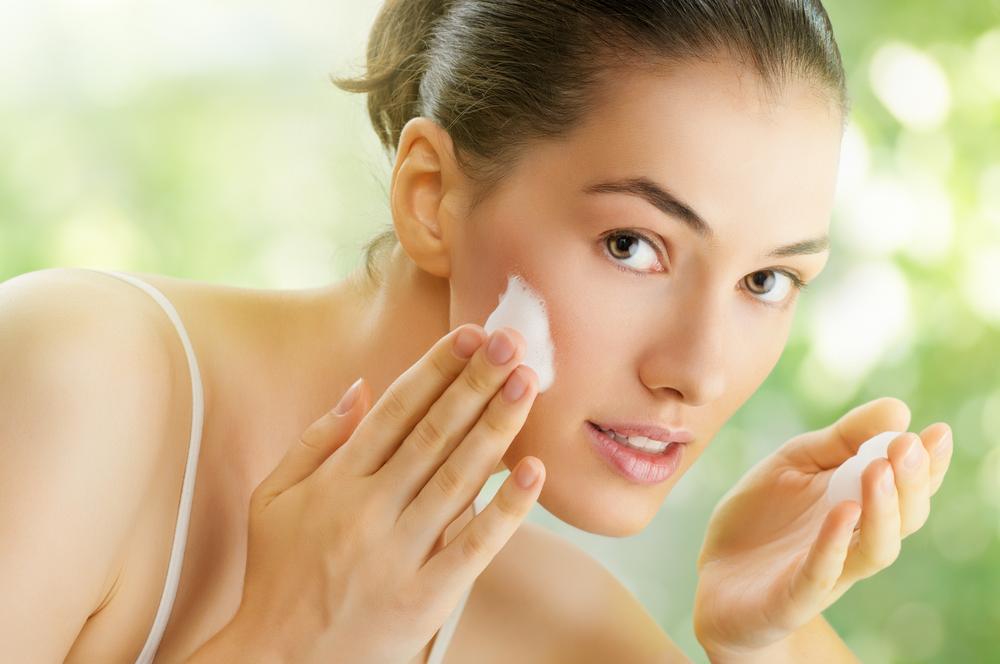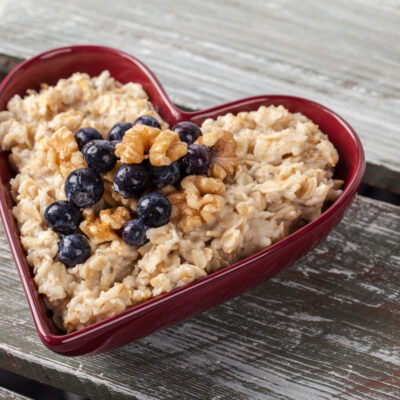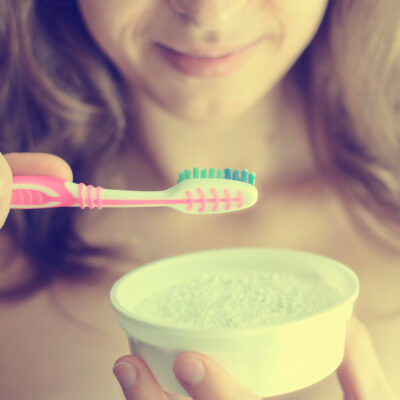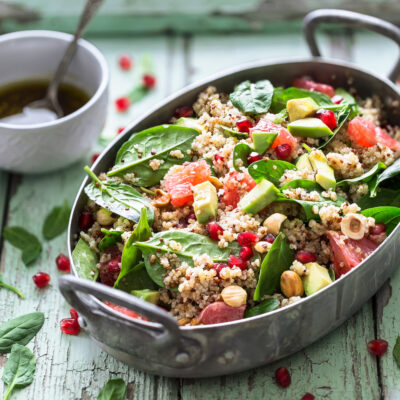
7 Tips to Treat Teen Acne Naturally Without Medication
We all have oil glands in our bodies that produce sebum. Some people just have many of these sticky oil cells. These oil cells mix with the oil and block the hair follicles in the skin. These blocks then trap the germs in the follicles causing a mild reddish inflammation in our face that is called acne. Severe acne turns into pimple and cysts. As children reach puberty, their skin tends to get oilier with the secretion of hormones. Teenage boys are more prone to acne as men by nature have more sebum-producing cells. Girls might see more acne during their menstrual cycle because of hormonal changes.
Who can get acne?
Anyone can get acne; however, if either of your parents had acne, you are more likely to have them too. Heredity is a big cause of acne. Other than that, there are many myths and theories about the cause of acne, which has no basis or has not been proved.
- Eating a particular diet will not increase acne in any way but, a few food items can increase the spread of acne.
- A blackhead is not an accumulation of dirt. Despite keeping your skin clean, you can still get acne.
- Acne is not a communicable disease. There is no way, whatsoever, it can spread from one person to another.
- The casual reference to “bad thoughts” if someone sees acne – there is no foundation to it. Thoughts on sex are no way responsible for acne.
Can we prevent teen acne without medication?
We cannot prevent acne in teens. What we can do is avoid factors that increase the risk of an acne flare-up. If you are prone to acne, you should avoid the following
- Oil-based makeup
- Suntan oil
- Hair gels and hair sprays
- Getting stressed
- Picking at the acne/pimples
- Scrubbing it harshly trying to make existing acne go away
Normally doctors treat it with oral and topical medications that contain benzoyl peroxide, Tretinoin, Isotretinoin. However, these could lead to very severe side effects. Miscarriage is a serious side effect of isotretinoin for women. Long-term use of this medication can result in sunburns, scarring, and other complications. Do not try over the counter medication without the advice from a doctor.
Acne does not affect us health-wise unless it is a severe flare-up. It can affect self-confidence and self-esteem. With proper counseling from teachers and parents, one can get over it as acne will reduce as you grow older. However, some things you can do to prevent or control acne without too much medication is
- Wash your face gently. Do not rub. Use gentle or organic creams.
- Wash your face after playing sports or gym or any activity that makes you sweat.
- Do not use loofahs or washcloth to scrub the acne. After washing, pat it dry.
- Never pick at your acne. They can leave a permanent scar.
- Use only products that are marked “will not cause acne” or “non-comedogenic”.
- Change your pillowcase twice a week, if you are using hair products.
- Do not go in for anti-acne facials that recommend drying or squeezing out acne as they can cause a very severe flare-up.
It is safer to use home remedies that are safe and will not cause any side effects or flare-ups. You can also check out some natural anti-acne ingredients for all skin types that will help you deal with the problem. However, if you notice that your acne is flaring up due to certain ingredients, it is advisable to switch to another ingredient that will suit your skin type.


